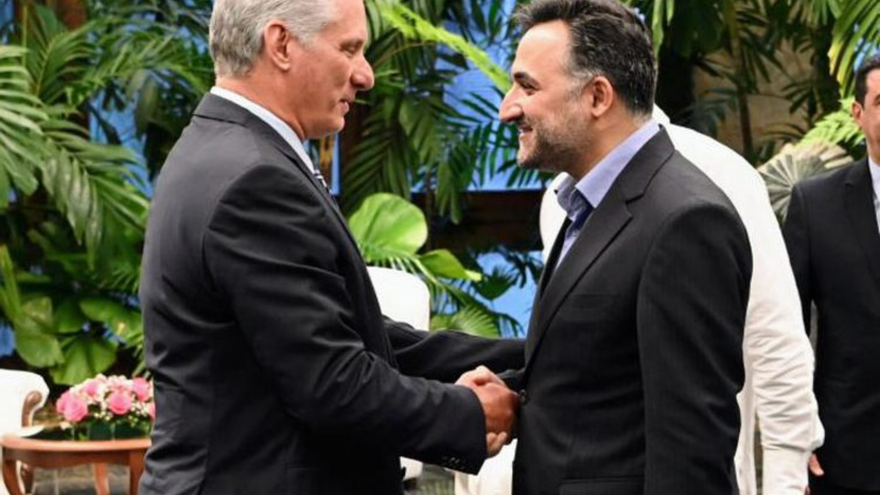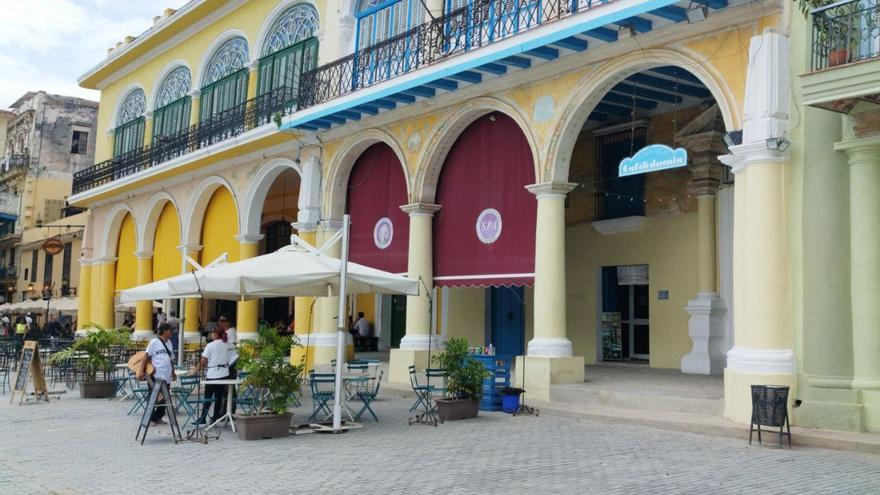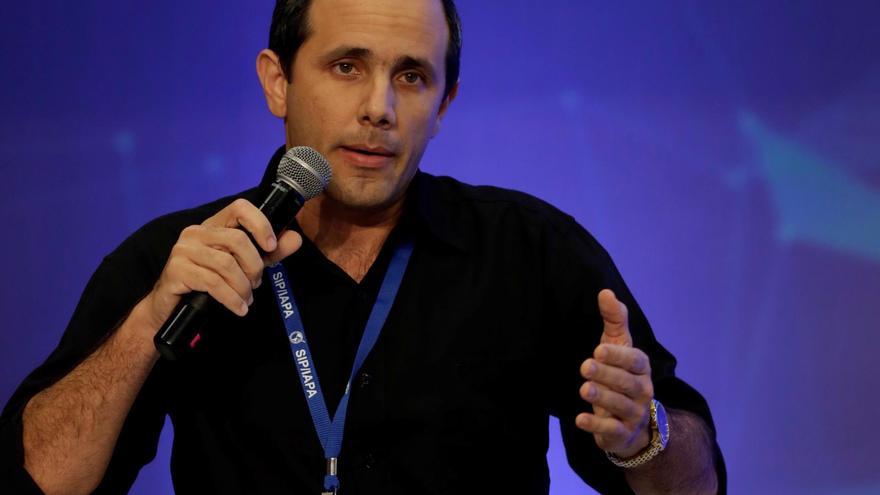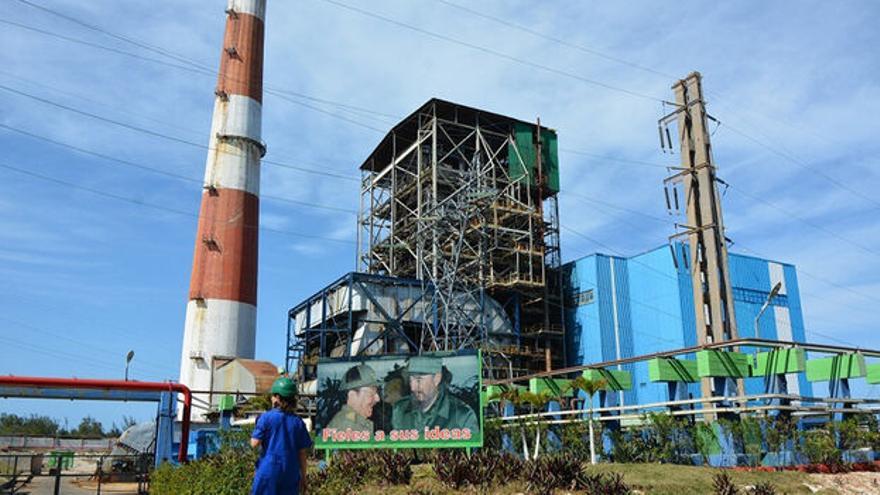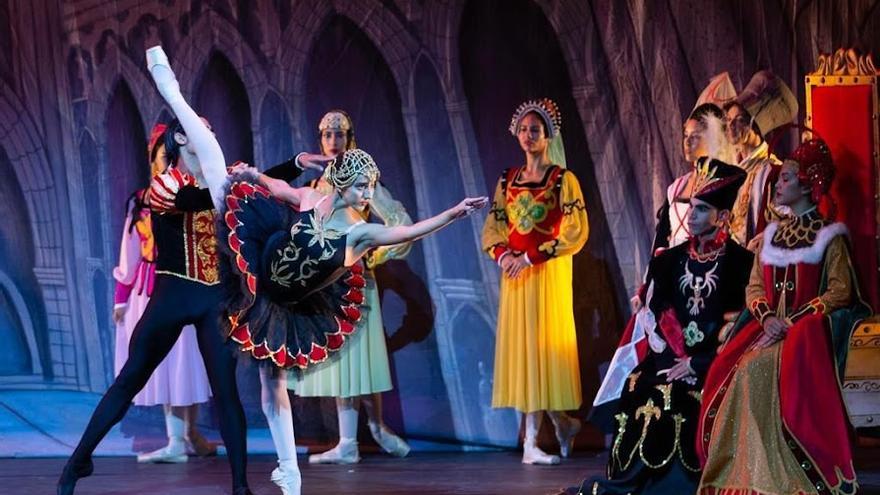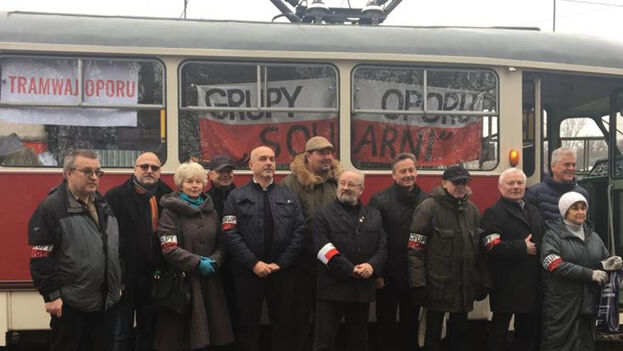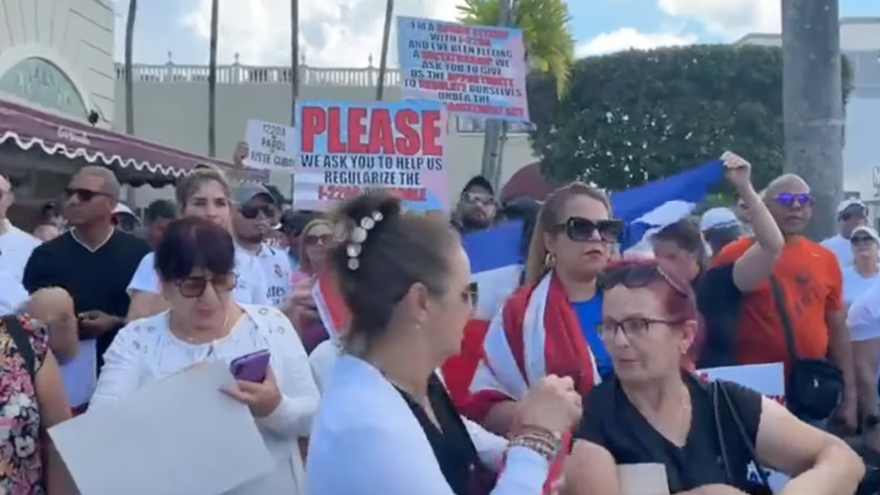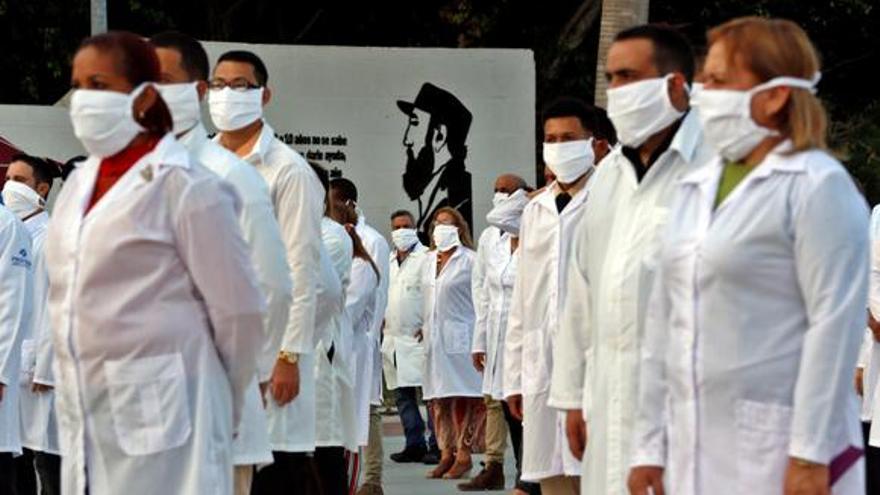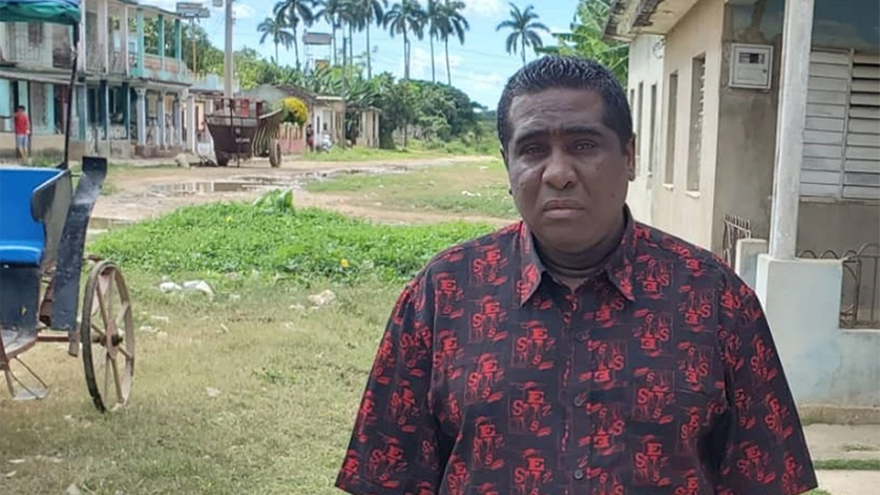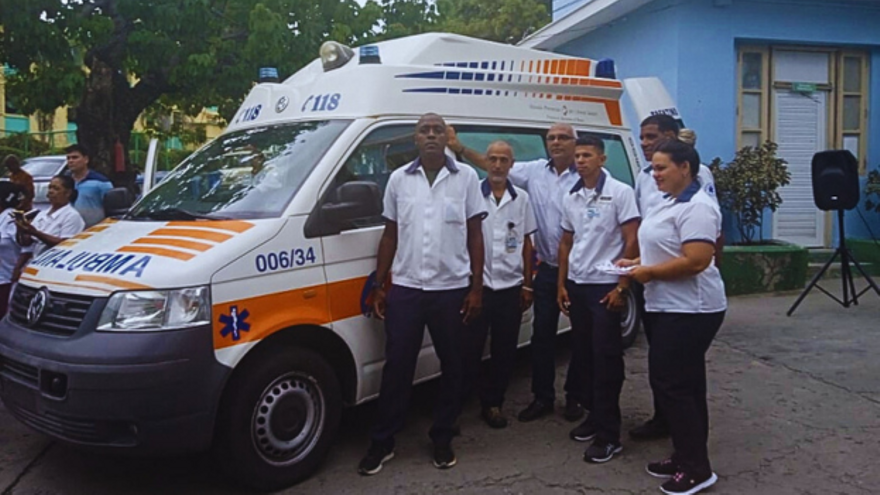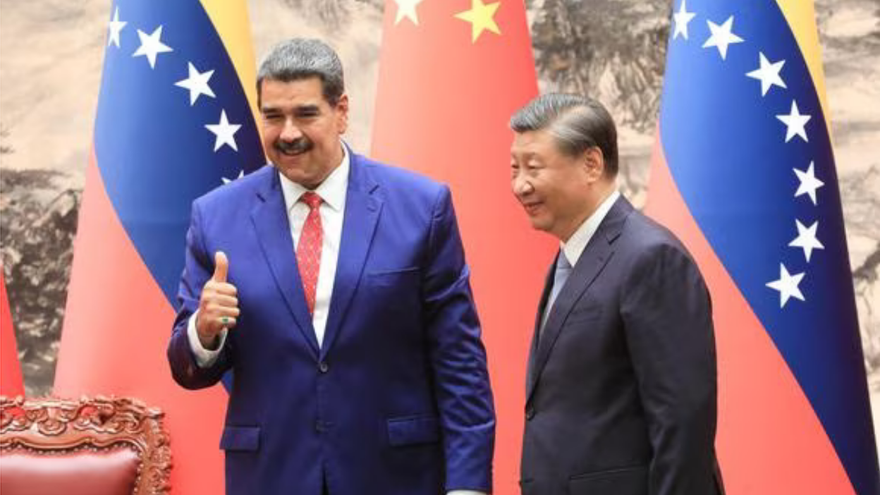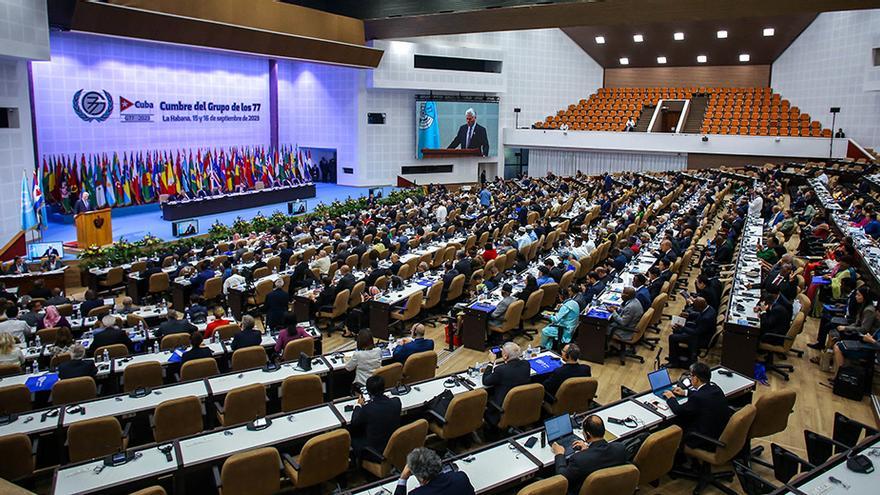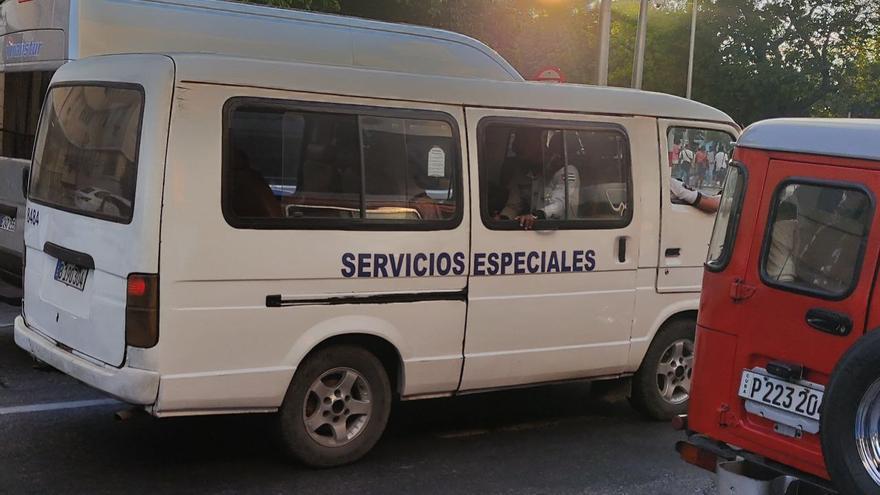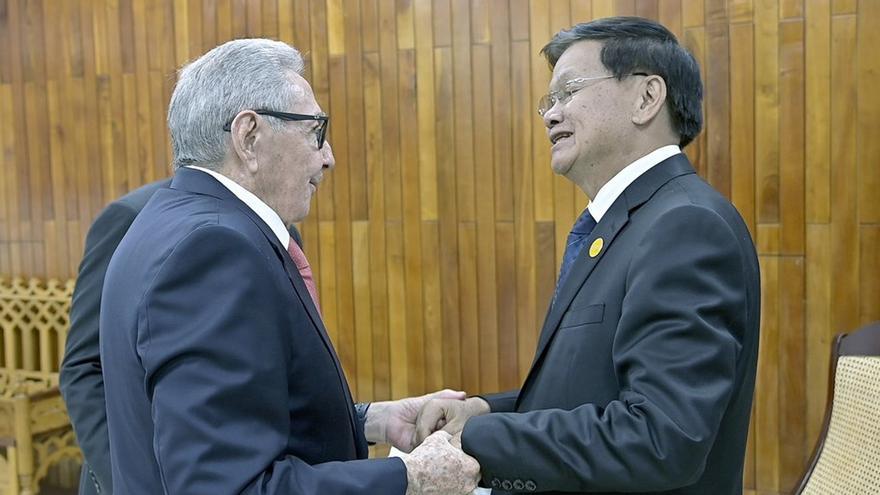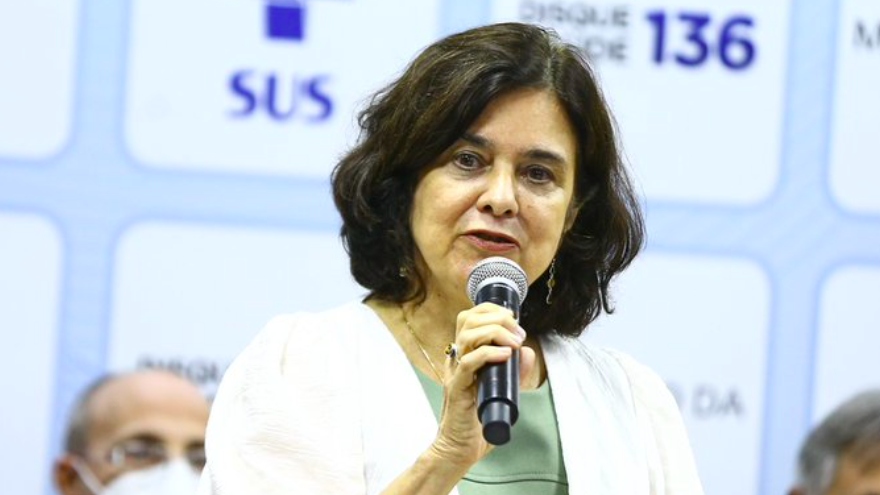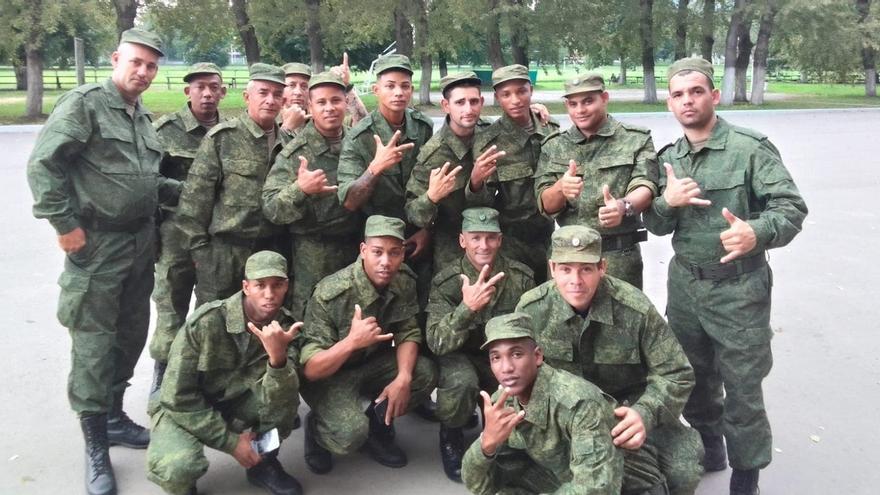But at that time it was not convenient for Solidarity to take power because the Russian troops were on the border willing to repeat the bloody scenario of Hungary in 1956 and Czechoslovakia in 1968. For the same reason, a Polish general staged the coup d’état and took his leaders to jail, and both of them had to wait a few years until Gorbachev declared the end of interventionist policy.
The great influence of Catholicism on the population, together with the support of a Polish Pope.
And the influence of the struggles of a dissent that had already been preparing for years the conditions for a mass trade union movement: in particular, the struggle of the Workers’ Defense Committee (COS-COR) founded by a fighter later known as “the godfather of the Polish opposition,” Jacek Kurón. continue reading
When millions of workers peacefully took to the streets in Poland in 1981, the general secretary of the Communist Party resigned, and his successor agreed with the Solidarity movement in rather typical terms of a surrender
Sometimes providence pulls its strings in a strange way. That general, Wojciech Jaruzelski, in his childhood, was forced to flee from the communists with his whole family to Lithuania, when the Soviet Union seized part of Poland, for fear of being deported to Siberia where his father had died in a hard-labor camp. And that dissident leader had been a prominent militant of the Polish communist youth).
The conditions of Cuba, today, are not the same as those of Poland in 1981.
It was 132 years ago that José Martí, with the clairvoyance that characterized him, wrote these words: “When a problem arises in Cojímar, the solution is not going to be sought in Danzig.” Danzig is the current city of Gdansk, where almost a hundred years later the Solidarity union emerged, which implied that our problems had to be solved based on our own conditions.
We Cubans do not have that strong Catholic influence nor a Pope to support us, nor do we have a broad trade union movement. However, Cuba today has other advantages:
No country in the European socialist camp had a dissidence with as long an experience of struggle as the one in Cuba. It’s a broad movement, not trade unionist but of human rights, which contributed to the formation of a civic consciousness. Of all the social explosions in Latin America in those years, the only one carried out peacefully outside Cuba had a lot to do with an opposition that, from its beginning, declared itself peaceful, the only opposition movement that the regime has not been able to exterminate.
The Cuban people today have a resource that the Poles could not use because at that time it did not exist: the great advances in telecommunications technology, which allowed the existence of social networks, blogs, mobile phones and digital periodicals.
And not least: the absence of Russian troops at the borders that prevented or postponed the liberation of countries such as Hungary, Czechoslovakia and Poland. The Cuban leadership has only Cuban troops, whose families are part of those suffering the same calamities, so the leadership does not trust one hundred percent of those officers, especially the youngest.
To all the above should be added the objective conditions; that is, the structural and permanent economic crisis of a failed, dysfunctional economic system, which forces the leadership to periodically seek — in order to sustain itself with subsidies — powerful external allies. The hard periods described with euphemistic names such as “Special” or “conjunctural” — i.e. ’temporary’ — occur when that powerful ally is missing. Poland did not reach the calamitous extremes of present-day Cuba, because at that time it had the benefits of COMECON* and the Soviet Union.
Did all these conditions already exist when the outbreak of July 11 occurred in 2021?
Precisely, thanks to the fact that almost all those conditions had matured, that explosion of thousands of people took place in the streets. Why have we added the word “almost” in the previous sentence? Because the thousands of 11 July 2021 (“11J”), cannot be compared with the millions of Poland on the streets. That tells us that this awakening of the consciousness of freedom, despite the fact that it had already developed in a large part of the people, had not been widespread enough to reach the final victory. However, that fact, by itself, despite having been thwarted by a brutal repression, awakened many people who until then thought it was impossible to break those chains.
Difficult periods qualified with euphemistic names such as “special” or “conjunctural” [temporary] occur when that powerful ally is missing. Poland did not reach the calamitous extremes of present-day Cuba, because at that time it had the benefits of COMECON and the Soviet Union
The same thing happened in all the great feats of our history: the first battle of the glorious 30 years of independence struggles in our country had been a resounding failure from the military point of view. In Carlos Manuel de Céspedes’ attempt to take the fort of Yara, only twelve men survived. But that simple fact, known in our history as El Grito de Yara [Yara’s Scream], impacted the population in such a way that many people began to join that small group, and soon after they achieved their first great triumph, the capture of the city of Bayamo.
Something similar happened with the assault on the Moncada barracks that began the fight against the Batista dictatorship with a large number of deaths and imprisonment.
Should we regret that liberation didn’t come on11 July 2021? Everything happens for a reason. It was indispensable that this awareness be generalized, if not in the entire population, at least in the vast majority, for a secure and definitive victory for all time.
What does this mean? We Cubans have been repeating from colonial times the same cycle as the myth of Sisyphus: the dictatorship leads us to insurrection and insurrection to another dictatorship, which leads us, in turn, to another insurrection, and this happens to us, precisely, because of the lack of a true civic conscience. First, we must not give anyone all the power, due to fanaticism and cult of personality, and second, we must be aware that we are born with the right to freedom and, therefore, can practice that right regardless of the obstacles we encounter, even if it is within the walls and bars of a prison.
That gestation has been developing in Cuba for more than 40 years and is now about to mature. When this happens, no one will be able to stop the people on the way to their destination, because when the light of freedom is lit, it never goes out
Both the human rights activists and the political prisoners practiced that freedom without fear of saying what we thought, so we were freer than the jailers who guarded us. True freedom does not need to be decreed by any government, nor is it a goal to be achieved, but a path. When the vast majority of the population decides to act freely, not even the most powerful army in the world will be able to stop it. A government only governs when the governed obey. If they don’t obey, those who govern stop governing.
But this requires the awareness of that vast majority. This is what Martí was referring to in his famous criticism of Karl Marx: “But he walked in a hurry and somewhat in the shadows without seeing that they are not born viable, neither from the bosom of the people in history, nor from the bosom of a woman in the home, the children who have not had a natural and laborious gestation.”
That gestation has been developing in Cuba for more than 40 years and is now about to mature. When this happens, no one will be able to stop the people on the way to their destination, because when the light of freedom is lit, it never goes out.
*Translator’s note: COMECON (1949-1991) was an organization led by the Soviet Union comprised of the Eastern Bloc countries and other socialist states.
Translated by Regina Anavy
____________
COLLABORATE WITH OUR WORK: The 14ymedio team is committed to practicing serious journalism that reflects Cuba’s reality in all its depth. Thank you for joining us on this long journey. We invite you to continue supporting us by becoming a member of 14ymedio now. Together we can continue transforming journalism in Cuba.
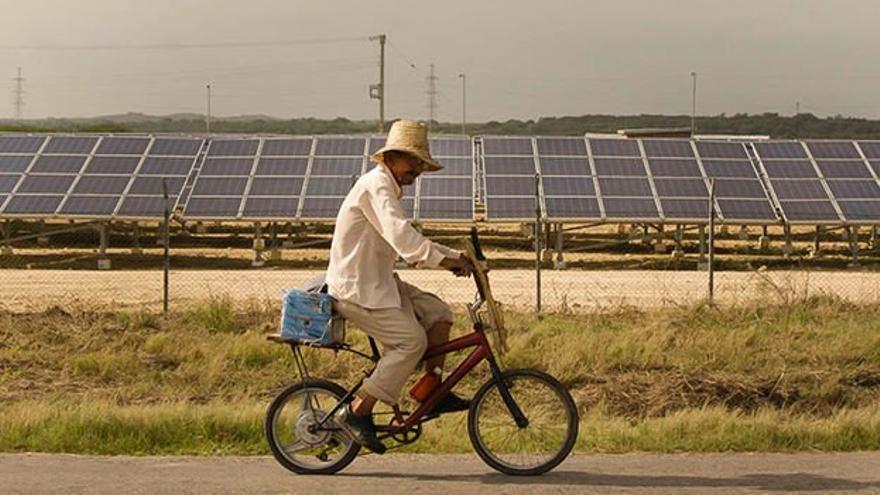
![]() 14ymedio/EFE, Havana, 20 September 2023 — The Chinese Government donated more than 114 million dollars (almost 107 million euros) to Cuba for the construction of a photovoltaic park with a generation capacity of 5 megawatts (MW) in Holguín, the official press reported on Wednesday.
14ymedio/EFE, Havana, 20 September 2023 — The Chinese Government donated more than 114 million dollars (almost 107 million euros) to Cuba for the construction of a photovoltaic park with a generation capacity of 5 megawatts (MW) in Holguín, the official press reported on Wednesday.
